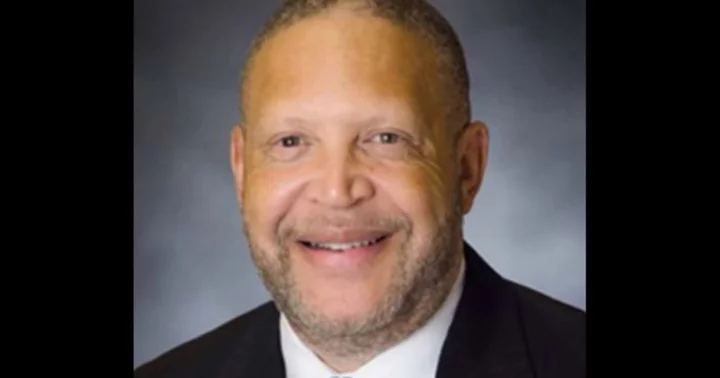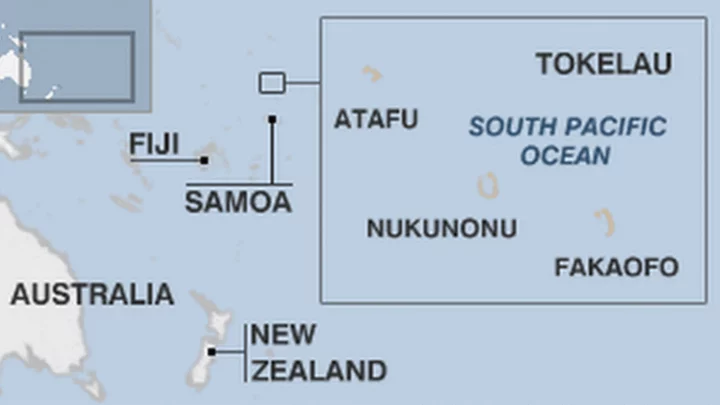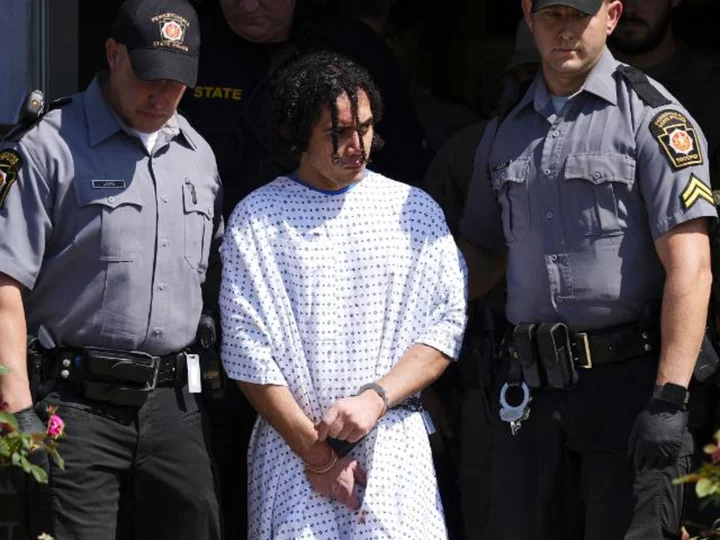OAKLAND, CALIFORNIA: Workers of California-based healthcare system Kaiser Permanente, which has been headed by CEO Gregory A Adams since 2019, have started their gigantic strike on Wednesday, October 4.
Per Axios, at least 75,000 employees were to embark on a four-day strike starting Wednesday morning if the unions representing the workers and Kaiser didn’t reach a deal.
Per the unions, this could be the largest strike in the healthcare sector in the history of the US.
How many does Kaiser Permanente employ?
The Oakland, California-based company, founded in 1945, boasts an employee strength of 309,662, per a 2022 survey.
Among the employees, 65,005 are reported to be nurses and 23,656 are physicians.
Per Axios, employees including nurses, radiology and X-ray technicians, sonographers, and other lab technicians are expected to join the strike in locations like California, Oregon, Washington, Colorado, Virginia and Washington, DC.
Per ABC, about 75,000 healthcare workers were planning to join the strike, asking for a revamped contract after their earlier contract expired on September 30.
A Kaiser spokesperson earlier said, "A strike is not inevitable, and it is certainly not justified,” while adding both parties had agreed to meet on Tuesday “to reach an agreement."
Why are the Kaiser employees planning to strike?
ABC News reported that The Coalition of Kaiser Permanente Unions has been negotiating for a renewed deal since April. But they were not able to reach an agreement before their contract expired on September 30.
The workers claimed that the Covid-19 pandemic caused a shortage of workers, which led to additional work pressure for the existing employees.
They also alleged that because of staff shortages and an overburdened workforce, patient neglect and missed diagnoses are going on.
The protesters are also advocating for better plans for the retirees.
One of the protesters Debru Carthan told ABC that they have been doing the work of two to three workers, saying, "We generally do mammograms every 15 minutes but with the Kaiser short staffing crisis, we are cut down to sometimes seven and a half minutes.”
She also added, "So our workload is double; where I might have a regular schedule of 20, but now I have anywhere from 40 to 45 patients that were supposed to do an eight-hour period."
The dissatisfied worker continued, "As a frontline health care worker, we are listening to our patients and Kaiser executives are not listening to us about how mentally and physically and emotionally drained we are. Our patients feel it; they're not getting the quality care that they should be getting and it's not safe."
The healthcare giant said in a statement, "We need to keep working together to get through this. Because the reality is that we are still in a health care crisis in this country.”
"Access to care is stretched thin and it will take time to recover as an industry and stabilize the US health care system. We can only do that if we work together, management and labor, side-by-side, for one another, our patients, and our communities," they added.









